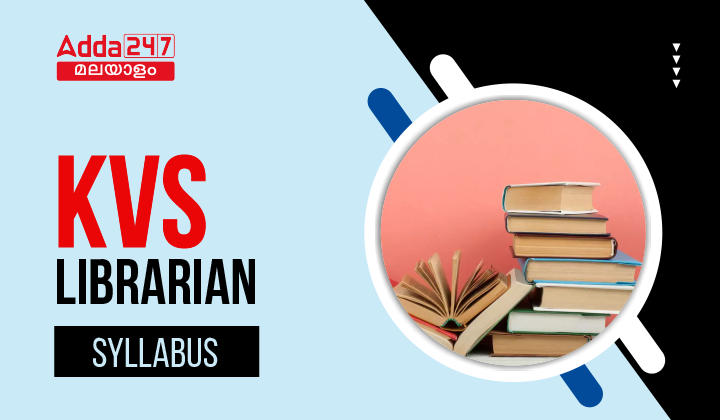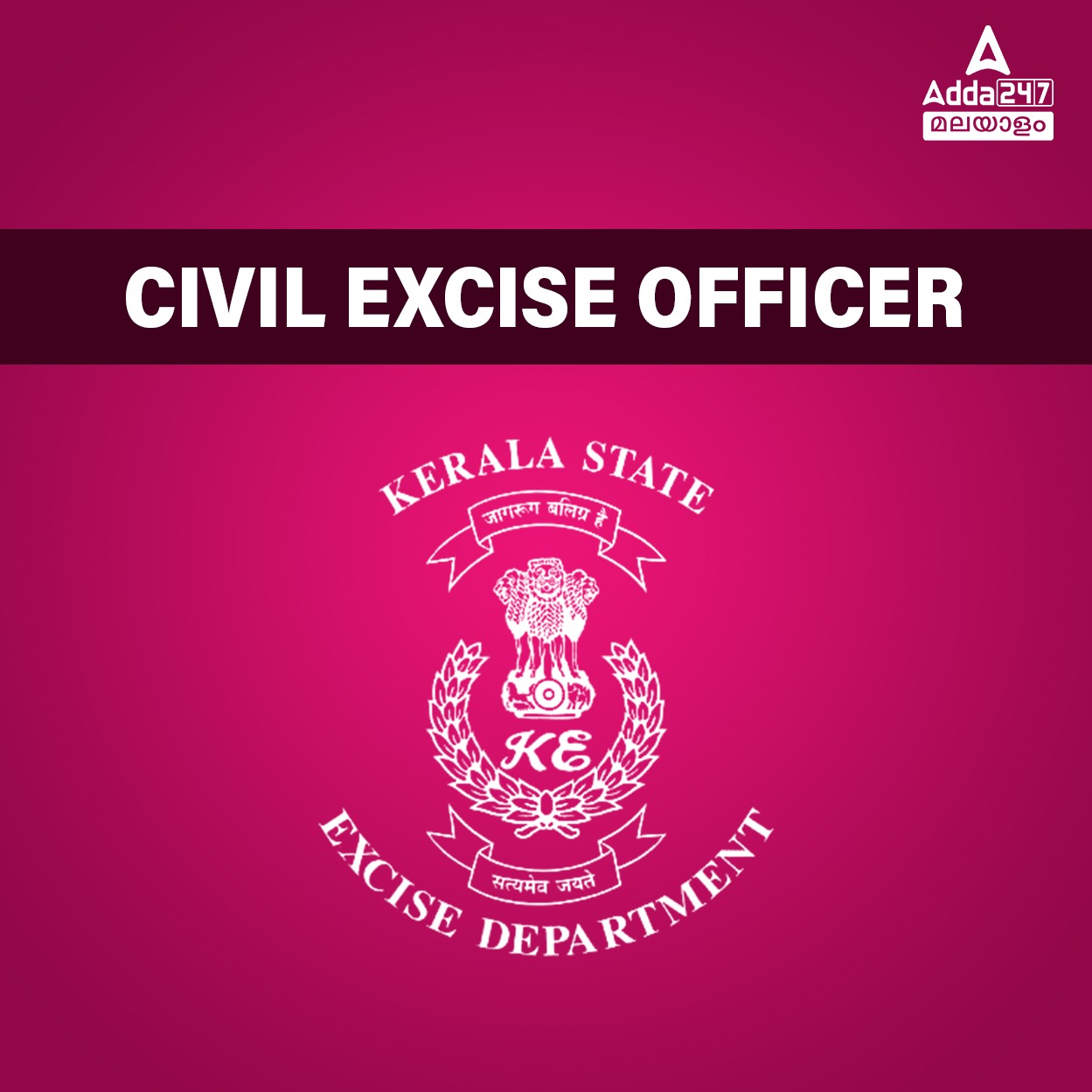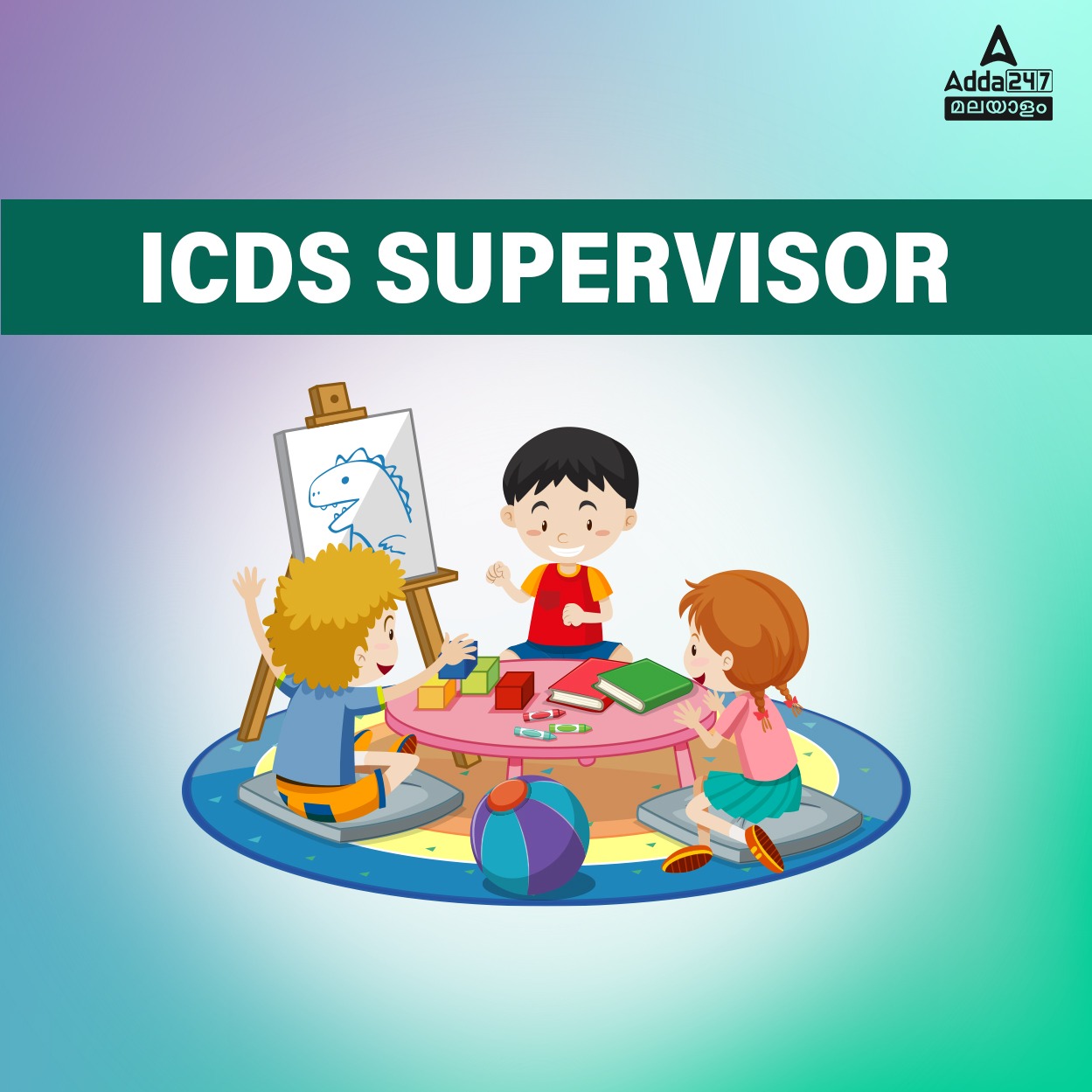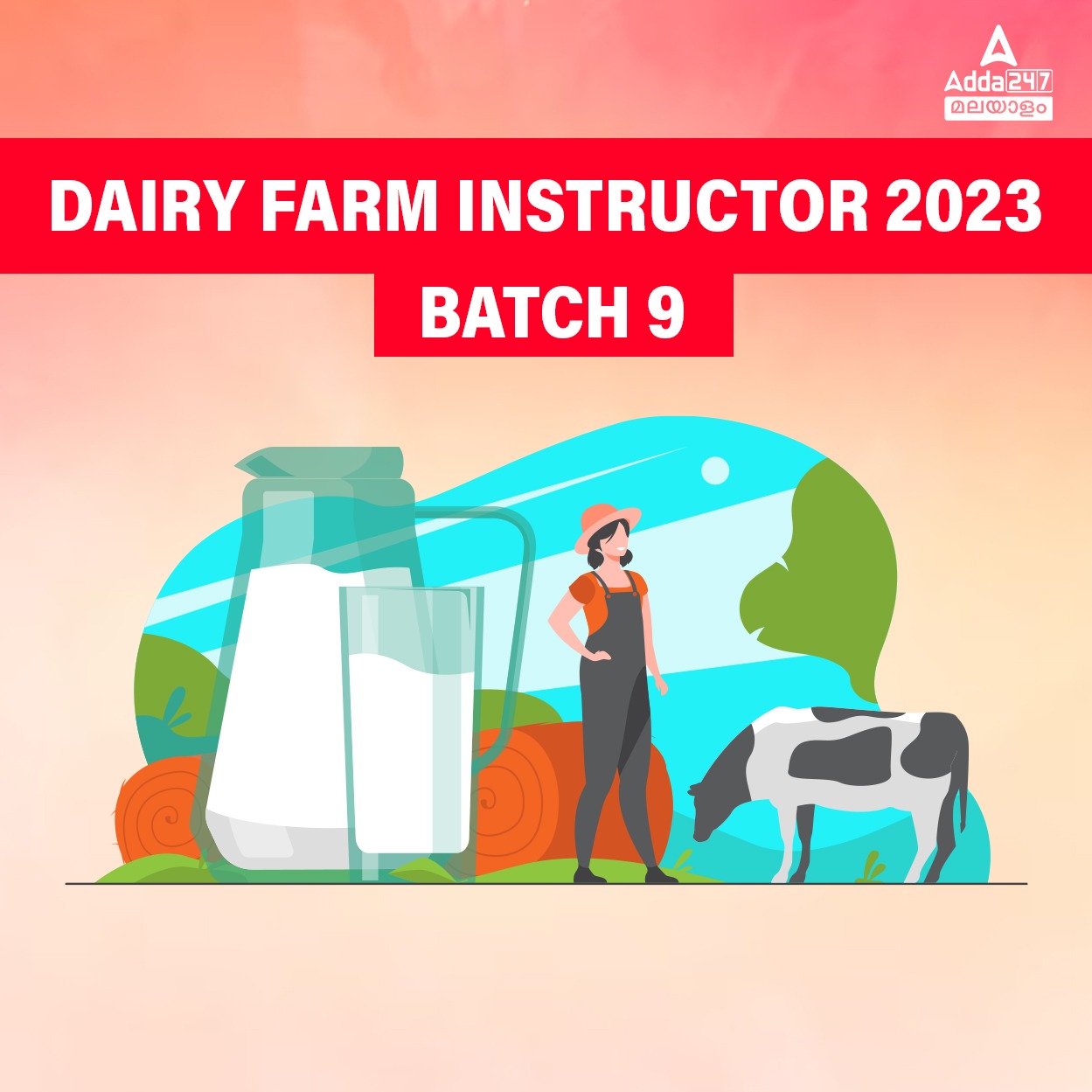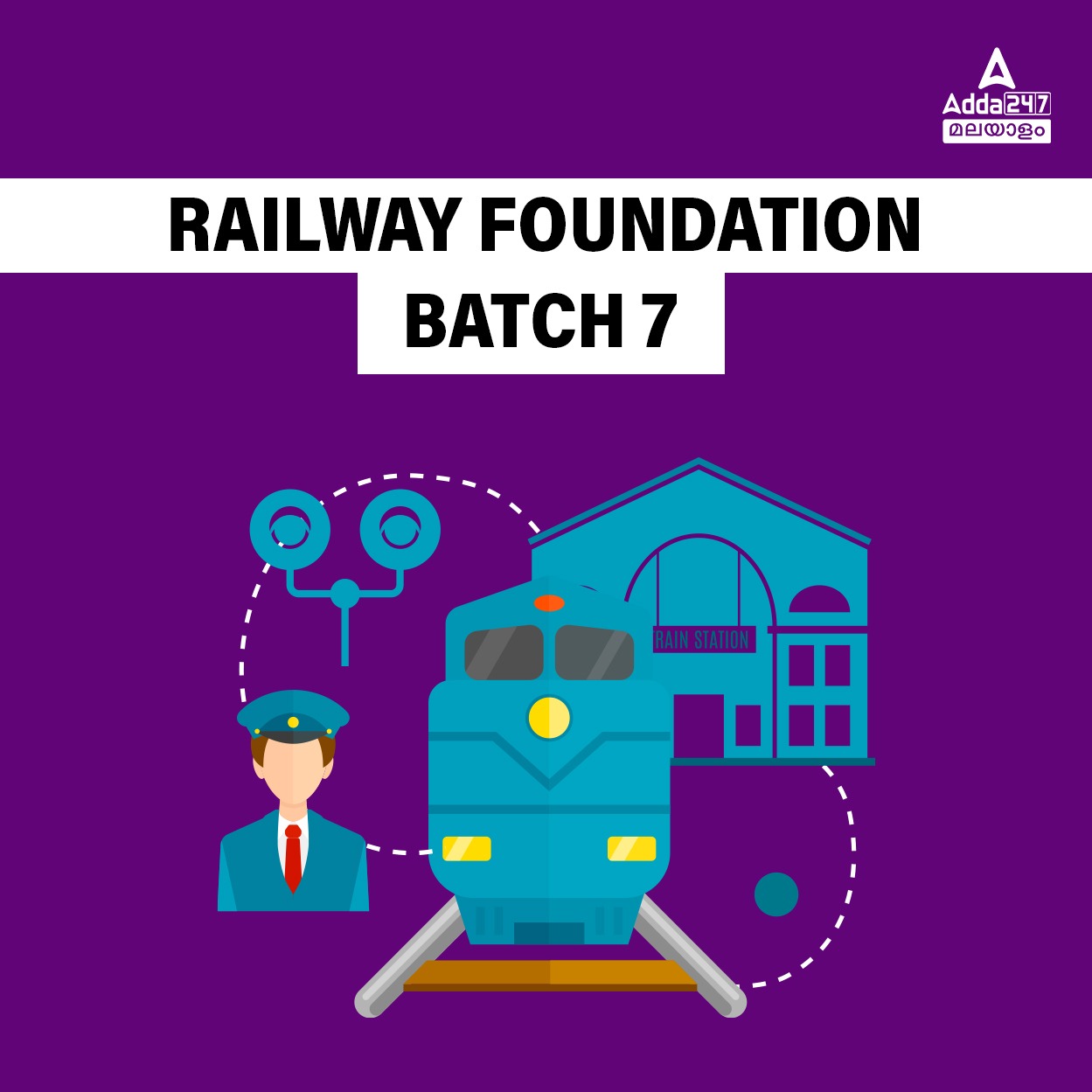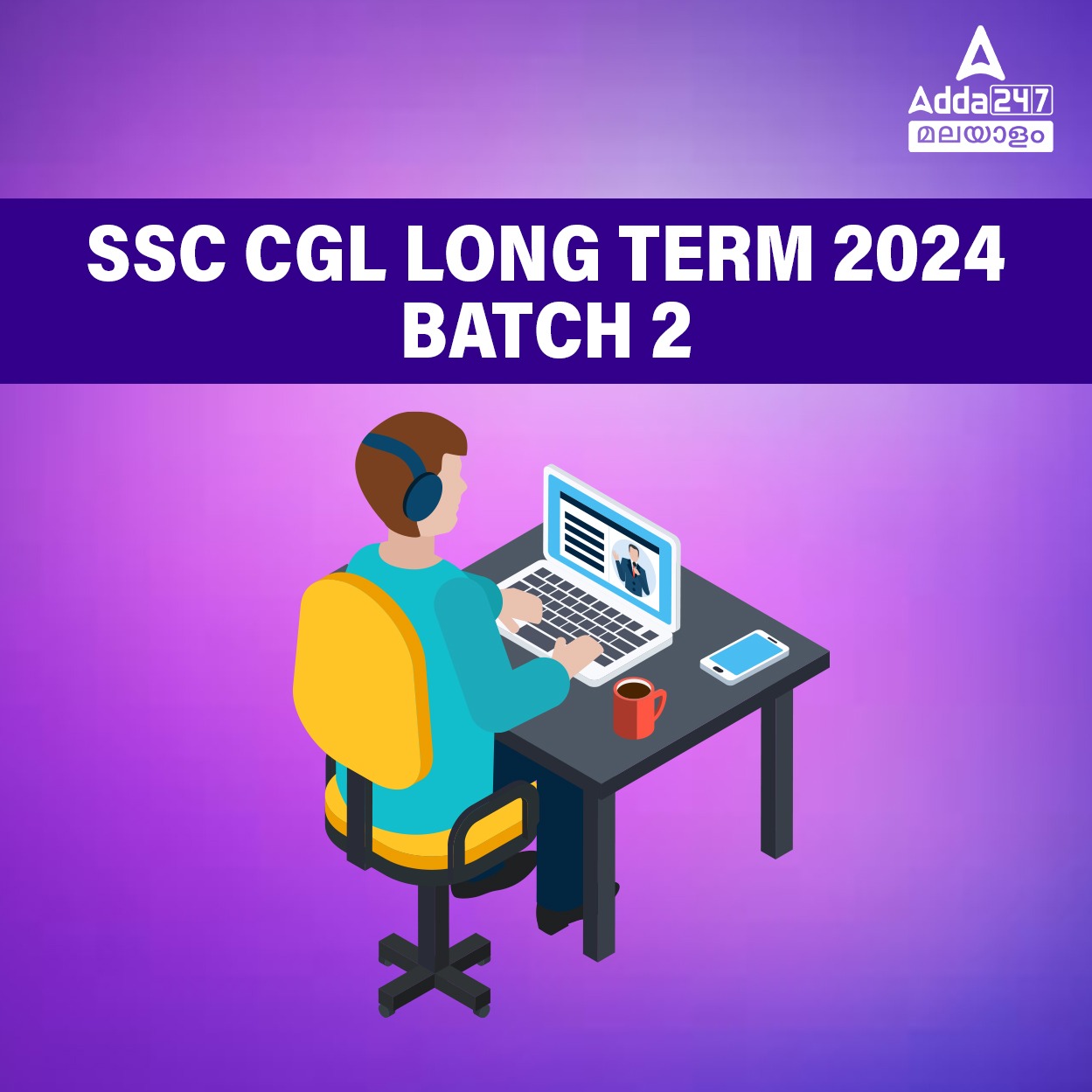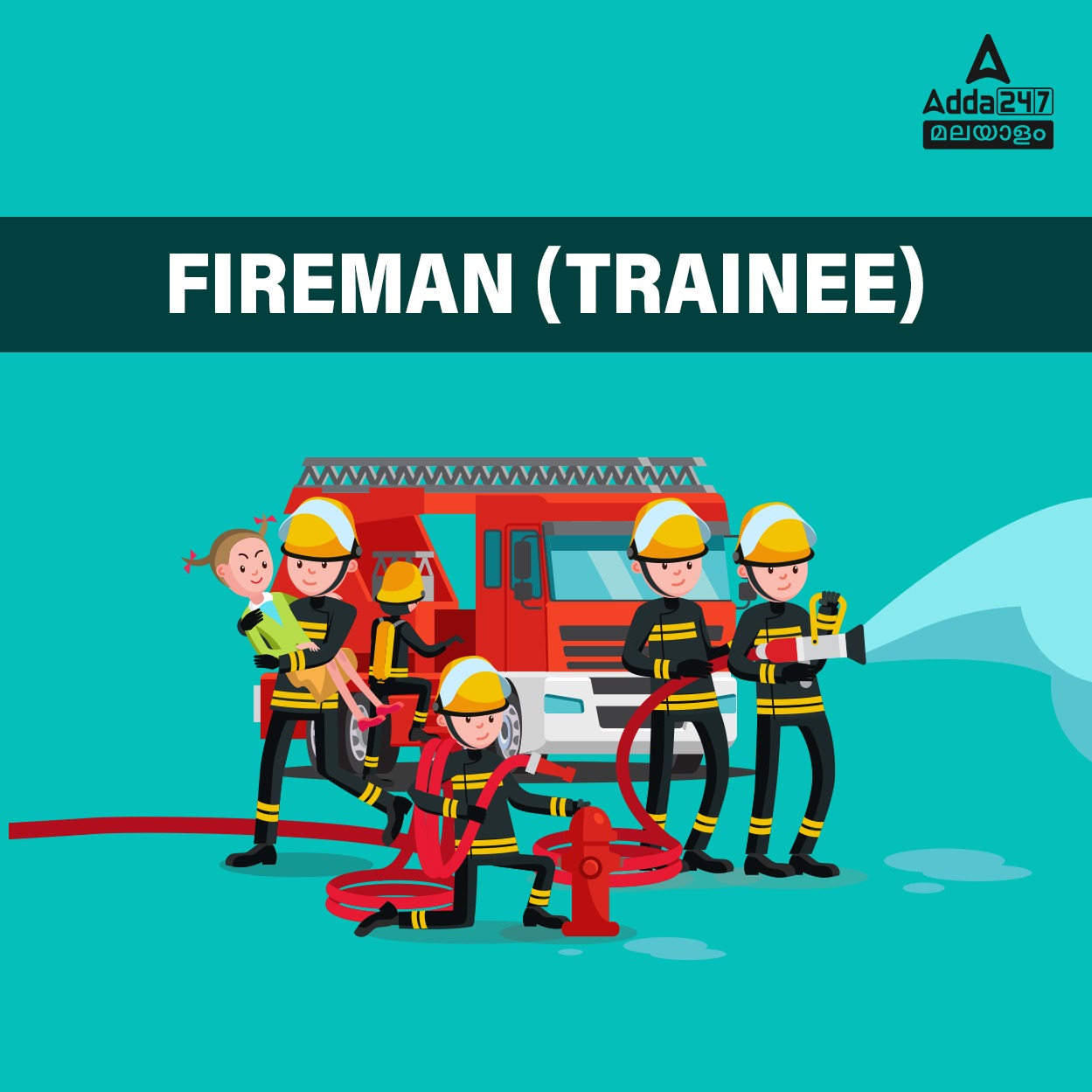Table of Contents
KVS ലൈബ്രേറിയൻ സിലബസ് 2023 (KVS Librarian Syllabus 2023): കേന്ദ്രീയ വിദ്യാലയ സംഘഠൻ, KVS വിജ്ഞാപനം 2023 നവംബർ 29-ന് പുറത്തിറക്കി. വിവിധ തസ്തികകളിലേക്കുള്ള ഒഴിവുകൾ നികത്തനായി ആണ് അവർ അപേക്ഷകൾ സ്വീകരിക്കുന്നത്. ലൈബ്രേറിയൻ തസ്തികയിലേക്ക് അപേക്ഷകൾ സമർപ്പിക്കുന്ന ഉദ്യോഗാർത്ഥികൾ കൃത്യമായി KVS ലൈബ്രേറിയൻ സിലബസ് 2023 പഠിച്ചു മനസിലാക്കേണ്ടതാണ്. പരീക്ഷയ്ക്കുള്ള തയ്യാറെടുപ്പുകൾ ആരംഭിക്കാൻ സമയമായി. പരീക്ഷയിൽ വിജയിക്കുന്നതിന്, സിലബസിനെക്കുറിച്ച് വ്യക്തമായ ധാരണ ഉണ്ടായിരിക്കണം. നിങ്ങൾക്ക് KVS ലൈബ്രേറിയൻ സിലബസ് 2023 pdf രൂപത്തിൽ ഡൗൺലോഡ് ചെയ്യാം.
| KVS Librarian Syllabus 2023 | |
| Organization | Kendriya Vidyalaya Sangathan |
| Category | Exam Syllabus |
| Official Website | kvsangathan.nic.in |
Fill the Form and Get all The Latest Job Alerts – Click here

KVS ലൈബ്രേറിയൻ സിലബസ് 2023: Overview
ചുവടെ നൽകിയിരിക്കുന്ന പട്ടികയിൽ KVS ലൈബ്രേറിയൻ സിലബസ് 2023 സംബന്ധമായ എല്ലാ പ്രധാനപ്പെട്ട വിവരങ്ങളും ലഭിക്കും.
| KVS Librarian Syllabus 2023 | |
| Organization | Kendriya Vidyalaya Sangathan |
| Category | Exam Syllabus |
| Name of the Post | Librarian |
| Mode of Application | Online Mode |
| KVS Recruitment Online Application Starts | 5th December 2022 |
| KVS Recruitment Last Date to Apply | 26th December 2022 |
| Exam Level | National |
| Selection Process | Written test & Interview |
| Mode of Examination | Objective Type Multiple Choice Questions |
| Total Marks | 180 |
| Total No. of Questions | 180 |
| Duration of Examination | 180 min |
| Official Website | kvsangathan.nic.in |
Kerala State Bamboo Corporation Technician Grade II Syllabus
KVS ലൈബ്രേറിയൻ പരീക്ഷ പാറ്റേൺ 2023
| KVS Librarian Exam Pattern 2023 | |||
| Parts | Sections | Sub Divisions | Marks |
| Part I | Proficiency in Languages |
|
30 Marks |
| Part II | General awareness, Reasoning & Proficiency in Computers |
|
50 Marks |
| Part III | Subject-specific Syllabus |
|
100 Marks |
*Professional Competency Test:
The Professional Competency Test is of 60 marks (Demo Teaching- 30 marks and Interview- 30 Marks)
Kerala LBS Centre LDC Syllabus 2022
KVS ലൈബ്രേറിയൻ വിശദമായ സിലബസ് 2023
Part I: Proficiency in Languages
(a) General English (15 Marks)
- Reading comprehension, word power, Grammar & usage
(b) General Hindi (15 Marks)
- पठन कौशल, शब्द सामर्थ्य, व्याकरण एवं प्रयुक्ति
Part II — General awareness, Reasoning &Proficiency in Computers
- General Awareness& Current Affairs (20 Marks)
- Reasoning Ability (20 Marks)
- Computer Literacy (10 Marks)
Part III: Subject-specific Syllabus
I. Foundation of Library & Information Science.
1. Library as an Social Institution
– Social & Historical foundations of Library.
– Different types of libraries- Academic, Public, Special –their distinguishing features and functions.
– Role of U.G.C. for development of Academic libraries.
– Role in Library of formal and informal education. Shivaji University, Kolhapur
2. Normative Principles of Lib. & Inf. Science
– Five Laws of Library Science.
– Implications of five laws in Lib. & Inf. Science
– Development of Libraries with special reference to India, Baroda Public Library system
– Library Co-operation Resource Sharing and Library Networking.
3. Laws relating to Libraries & Inforamion.
– Library legislation need and essential features.
– Library legislation in India.
– Maharashtra Public Library Act.
– Press and registration act & Delivery of Books act (Public Library).
– Copyright act, Intellectual Property rights.
4. Library and information Profession
– Attribution of profession.
– Librarianship as a profession.
– Professional ethics.
– Professional associations & their role.
– National & International Library Associations- FID, IFLA, LA, ILA, ALA, IASLIC etc.
– Professional education & research.
5. Promoters of Library & Information services
– National level promoters- RRRLF.
– International level promoters- UNESCO
6. Public relations & Extension activities
– Definition
– facets and programs.
– publicity & extension, Out reach activities.
– Library path finders (Guides)
– Factors affecting Library development, Literacy, publishing, Book Trade.
II. Knowledge Organization, Information Processing & Retrieval.
1. Universe of Knowledge
– Structure and attributes.
– Modes of formation of subjects.
– Different types of subjects.
– Universe of subjects as mapped in different schemes of classification.
2. Bibliographic description
– Catalogue purpose, Structure and types physical forms including OPAC filling rules.
– Normative Principles of cataloguing.
– Overview of principles and practice in document description.
– Current trends in Standardization, description and exchange.
– Standard codes of cataloguing.
3. Methods of Knowledge Organization
– General theory of Library Classification.
– Normative principles of classification and their application.
– Species of Library Classification.
– Standard Schemes of Classifications and their features, CC, DDC, UDC.
– Notation: Need, Functions, Characteristics
– Design and development of schemes of Library Classification, Standard sub-division Index.
– Trends in Library Classification.
4. Subject Classification
– Principles of Subject Classification.
– Subject heading lists and their feature.
III. Information Technology: Basic
1. Information Technology
– Definition, Need, Scope and Objectives.
2. Computer Basic (Hardware)
– Introduction to Computers
– Overview of Historical Development of Computers.
– Generations of Computers, Classification of Computers.
– Essential Components of Computer system.
3. Computer Architecture-Organization of Computer
– Input and Output devices- Keyboard, Scanner, OCR, Printers, Monitor
4. Software.
– Operating systems: Single & Multi User Systems, Basic features of MS-DOS, MS Windows, Linux, UNIX, Windows NT etc.
– Programming Languages: Concepts and Tools
– Algorithm & Flowcharting.
5. Word Processors, Spread Sheet etc.
6. DBMS Package
– Familiarity with DBASE, FOXPRO, CDS/ISIS, SOUL, MS Access (Basic features)
7. Computer application to library & Information work- House keeping operations
8. Communication Technology
– Communication Technology Basic Concepts
– Networking: Basic Concepts.
– Internet
IV. Management of Libraries & Information Centres/Institutions
1. Management
– Concepts, definition and scope
– Management styles and approaches.
– Management schools of thought.
– Functions and principles of Scientific Management.
2. Human Resource Management
– Organizational structure.
– Delegation, Communication and Participation.
– Job Description and Analysis, Job evaluation.
– Inter-personal relation.
– Recruitment procedures.
– Motivation, group Dynamics.
– Training and Development.
– Disciplines and Grievances.
– Performance Appraisal.
3. Financial Management
– Resources Mobilization
– Budgeting Techniques and Methods PPBS, Zero Based Budgeting etc.
– Budgetary Control.
– Cost effectiveness and Cost Benefit analysis.
– Outsourcing.
4. Reporting
– Types of reports, Annual report-compilation, Contents and style.
– Library Statistics etc.
5. System Analysis and Design
– Library as a system
– Project Management PERT/COM
– Decision Tables.
– Performance evaluation standards, MIS.
– Performance Measurement, reengineering, Time and Motion Study
– SWOT ( Strength Weakness Opportunities Threat)
– DFD (Data Flow Diagram)
6. Total Quality Management (TQM)
– Definition, Concept, Element
– Quality Audit, LIS related standards.
– Technology Management.
7. Library House Keeping Operations.
– Different sections of Library & Information Center and their functions.
– Collection Development and Management Policies Procedures.
– Book Ordering (Acquisition)
– Technical Processing.
– Serials Control, Circulation Control, Maintenance etc.
– Stock Verification- Policies and Procedures.
– Evaluation and Weeding.
– Archiving-conservation-Preservation.
– Restoration including Print, Non-Print and Electronic Materials.
8. Planning
– Concept, Definition, Need and Purpose, Types.
– Policies and Procedures, MBO
– Building and Space management in Libraries and Information Centers.
– Library Building, Interior & Exterior, Furniture, Equipment’s, Standards & Types.
– Risk Management, Contingency Management.
– Planning of related Infrastructure, Library Standards.
9. Management of change.
– concept of change.
– changes in Procedures, Methods, Tools and Techniques.
– Problems of Incorporating Change.
– Techniques of Managing Change.
V. Information Sources & Services
1. Reference and information sources.
– Documentary Sources of Information, Print, Non-Print including Electronic: Special features, Scope, types
– Nature, Characteristic, Utility and evaluation of different types of Information sources: Physical formats, Authority, Content, Utility.
– Non-Documentary Information Sources.
– Reference Sources Categories, Primary, Secondary & Tertiary Information Sources.(Encyclopedia, Dictionary, Periodical, Thesis, Books, Year book, Patents, Trade literature, standards, Monographs, Reference Books, Year Books, Almanac, Atlas, Abstracting & Indexing periodicals, Bibliographies, Handbooks etc.)
– Internet as a Source of Information.
2. Reference Service.
– Concept, Definition, Need, Scope and trends.
– Reference Interview and Search Techniques.
3. Information Services and Products
– Information services and Products.
– Information services concepts, Definition, Need and trends.
– Need, Techniques and Evaluation of Alerting services (CAS &SDI)
– Bibliographic, Referral, Document Delivery and Translation Services.
4. Information System and their Services.
– Study of National, International and Commercial Information Systems and Services- Background, their Services and Products.
VI. Library Users
1. Techniques of Library and Information Centres Survey. – Proforma method.
– Interview method.
– Records analysis method.
2. Information users and their information Needs
– Categories of Information users.
– Information needs definition and models.
– Information seeking behaviour.
3. User Education
– Goals and Objectives level, Techniques and Methods, Evaluation of Users Education Programmes.
4. User Studies.
– Methods and techniques of User studies.
– Evaluation of User studies.
5. User Orientation Programmes:
– Conventional and modern Techniques: Study tour, Newsletters, Handbooks, Leaflets, Powerpoint Presentation, Websites etc.
KVS ലൈബ്രേറിയൻ സിലബസ് 2023: ഡൗൺലോഡ് pdf
KVS ലൈബ്രേറിയൻ സിലബസ് 2023 ചുവടെ നൽകിയിരിക്കുന്ന ലിങ്ക് വഴി ഡൗൺലോഡ് ചെയ്യാവുന്നതാണ്.
KVS Librarian Syllabus 2023 Download pdf
RELATED ARTICLES
Also Read,
Weekly/ Monthly Current Affairs PDF (Magazines)
ഇതര പരീക്ഷകളുടെ ഏറ്റവും പുതിയ വിജ്ഞാപനങ്ങൾ, ദൈനംദിന ക്വിസുകൾ എന്നിവയ്ക്കായി ADDA247 മലയാളം ആപ്പ് ഡൗൺലോഡ് ചെയ്യുക.
Download the app now, Click here
ഇത് നിങ്ങൾക്കുള്ള സമയമാണ്. പരീക്ഷയ്ക്ക് സ്വയം തയ്യാറാകാനുള്ള ഏറ്റവും അനുയോജ്യമായ സമയമാണിത്. നിങ്ങൾ വീട്ടിൽ നിന്ന് ഞങ്ങളോടൊപ്പം പരീക്ഷയ്ക്ക് തയ്യാറാകുക. മികച്ച കോഴ്സുകൾ, മികച്ച ഹെഡ് ട്രെയിനർമാർ, ലളിതമായ നിർദ്ദേശങ്ങൾ, ഗുണനിലവാരമുള്ള ക്വിസ് ചോദ്യങ്ങൾ ഞങ്ങൾ നിങ്ങൾക്ക് നൽകുന്നു. ഈ അത്ഭുതകരമായ സമയം പഠിക്കാൻ നിങ്ങൾക്ക് ബുദ്ധിമുട്ടുള്ള കോഴ്സിന്റെ ഭാഗങ്ങൾ ശക്തിപ്പെടുത്തുക. Mock Tests, Test series , E-Books , Daily Current Affairs, Weekly Current Affairs, Monthly Current Affairs എന്നിവയുടെ സൗജന്യ PDF കൾ അങ്ങനെ നിരവധി പഠന സാമഗ്രികൾ ഇംഗ്ലീഷിലും മലയാളത്തിലും (English & Malayalam) ADDA 247 നിങ്ങൾക്ക് നൽകുന്നു. സൗജന്യവും, പണമടച്ചുള്ളതുമായ ക്ലാസുകൾ ഞങ്ങൾ നിങ്ങൾക്ക് ലാഭകരമായ രീതിയിൽ വാഗ്ദാനം ചെയ്യുന്നു.
***വരാനിരിക്കുന്ന പരീക്ഷകളിൽ വിജയിക്കാൻ ഞങ്ങളോടൊപ്പം ചേരുക***
Use Coupon code- KPSC (എക്കാലത്തെയും വിലക്കുറവ്)
*മലയാളത്തിലെ തത്സമയ ക്ലാസുകൾ ഇപ്പോൾ നിങ്ങളുടെ വീട്ടിൽ ലഭ്യമാണ്*
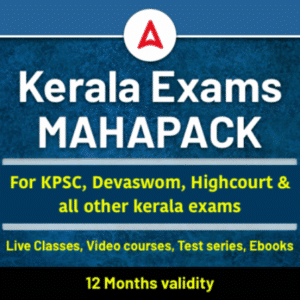
*ലക്ഷ്യത്തിലേക്കുള്ള ആദ്യ ചുവടുവെപ്പ് | ADDA247 മലയാളത്തിൽ പരിശീലനം ആരംഭിക്കൂ*
Telegram group:- KPSC Sure Shot Selection
KPSC Exam Online Test Series, Kerala Police and Other State Government Exams

